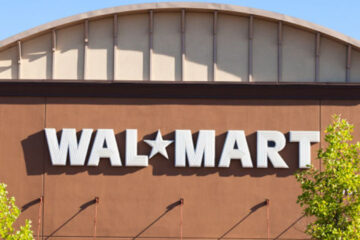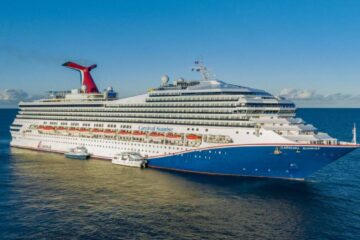The aquatic theme park chain offered to buy the Ohio-based Cedar Fair for $3.4 billion.
With the world of theme parks dominated by big players like Disney (DIS) – Get Walt Disney Company Report and Comcast’s (CMCSA) – Get Comcast Corporation Class A Report Universal Studios, a high-profile acquisition may be the best way for smaller companies to stay competitive.
In an unexpected turn of events, aquatic theme park SeaWorld Entertainment Inc. (SEAS) – Get SeaWorld Entertainment, Inc. Report made an unsolicited offer to buy the Ohio-based Cedar Fair (FUN) – Get Cedar Fair, L.P. Report amusement park chain for $3.4 billion or $60 per share. Bloomberg, which got the news from an inside source familiar with the matter, first reported the news.
The company behind names like Knott’s Berry Farm and Canada’s Wonderland, Cedar Fair said that it would “carefully review and consider the proposal to determine the course of action.” While SeaWorld’s 12 parks are thought primarily of as the place to see aquatic animals, Cedar Fair is the parent company of 13 regional theme parks.
The pandemic has been hard for the entire theme park industry, but Cedar Fair emerged from a 2020 downfall — in March 2020, its shares were at $13 — with a record $753 million in revenue in the third quarter of 2021, up 5% from 2019. While SeaWorld’s 2021 revenue was also up 10% from 2019, it brought in $521.2 million in the first nine months of 2021.
Image source: SeaWorld.
Will This Help SeaWorld Stay Competitive?
SeaWorld has a market value of around $4.8 billion while Cedar Fair is at $3.1 billion — while companies are steadily emerging from the pandemic, it is nowhere near Disney’s $203.61 billion — the company behind everything from Disney World to ESPN and Pixar is simply too big to take on.
The deal would, however, put SeaWorld closer to Universal’s value of around $6 billion and perhaps help it take on competitor Six Flags (SIX) – Get Six Flags Entertainment Corporation Report. The Texas-based theme park chain has more than 27 theme parks across North America and a market value of around $4 billion.
The competition between SeaWorld and Six Flags goes back a long time; the latter also tried to seduce Cedar Fair with a $4 billion offer in 2019. At the time, Cedar Fair rejected the offer on grounds that it was too low and did not compensate shareholders who gave up the tax-friendly partnership. The rejection came as a blow to Six Flags, which had been hoping to use the deal to grow its presence.
One pandemic and a struggling industry later, the $3.4 billion offer from SeaWorld may seem more attractive. That said, it is also entirely possible that the company will reject the offer for similar reasons as in 2019.
The news sent shares of both companies up — Cedar Fair closed 13.11% higher to $56.25 today while SeaWorld rose 2.58% to $61.12.


